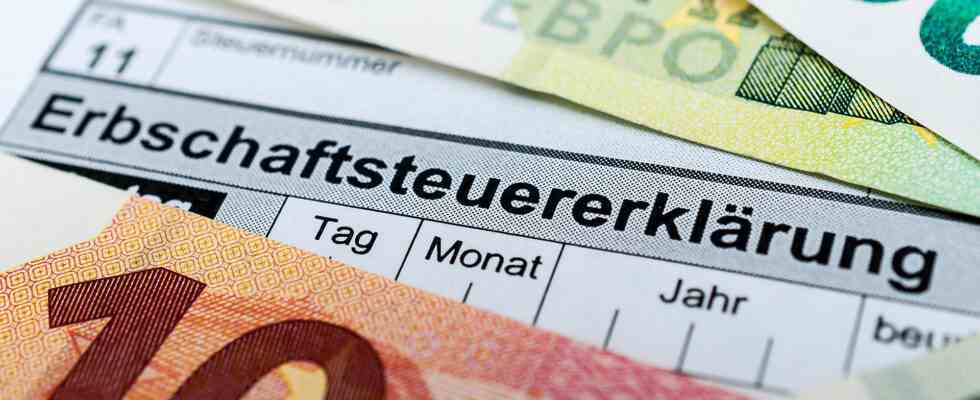overview
Status: 12/02/2022 3:21 p.m
The Bundestag passed the annual tax law. Among other things, high-earning energy companies will now be subject to an excess profit tax, while employees will be relieved.
The Bundestag has passed the Annual Tax Act 2022. This means that some tax changes are coming to taxpayers – both relief and increases. Tax advantages result, for example, in housing construction, for solar power systems and for employees. Higher taxes will be due in future, among other things, due to a first-time excess profit tax for some energy companies. Real estate transfers could also become more expensive.
In total, total state tax revenue shortfalls of around 4.5 billion euros – based on one year – are expected. The most important changes at a glance.
excess profit tax
Companies in the oil, gas, coal and refining industries are to make an energy crisis contribution limited to the 2022 and 2023 financial years. This implements an EU requirement. Profits that exceed the average profit by 20 percent compared to previous years are taxed at 33 percent. The revenue, estimated at one to three billion euros, is intended to help finance the electricity price brake for consumers.
Relief for employees and capital income
From 2023, the flat rate for the home office for the tax return and the home office flat rate will be combined in a daily flat rate of six euros (previously five). It can be claimed for 210 days. The employee lump sum for income-related expenses will be increased to 1230 euros instead of the planned 1200 euros. The relief amount for single parents increases from 4008 euros to 4260 euros. The savings allowance for interest and capital income will be raised from 801 euros to 1,000 euros.
solar power
Income from small solar power systems is tax-free retrospectively from the beginning of 2022. From 2023, sales tax of 19 percent will no longer apply to the purchase and installation of photovoltaic systems with an output of up to 30 kilowatts and electricity storage. This is intended to promote the solar turnaround on private homes.
housing
In the construction of rental apartments, the special depreciation will be continued, but this will be linked to climate-friendly construction. Five percent of the production costs can be tax deductible for four years if the very high standard of the Energy Efficiency House 40 is maintained and the construction costs do not exceed 4800 euros per square meter. In addition, straight-line depreciation for residential buildings will be increased from two to three percent from the beginning of 2023.
retirement provision
The full deduction of special expenses for old-age provision will apply from 2023. So far, 96 percent was planned for 2023 and 98 percent for 2024. This is to avoid double taxation.
Taxation of Energy Reliefs
For private individuals with higher incomes, part of the relief from the emergency aid in December and the gas and heat price brake will be collected again. This should only affect taxpayers who also pay the solidarity surcharge. For them, the taxable income increases by the relief. This is seen as social compensation, since higher incomes are less dependent on the relief. Revenues of around 850 million euros are expected. A tax liability for the energy price flat rate for pensioners is also planned.
valuation law
The transfer of real estate assets – for example through gifts and inheritances – could become more expensive. Changes in the Valuation Act can result in the tax value having to be set higher from the beginning of 2023 when determining the value of a property. The goal is a market value closer assessment. As a result, inheritance, gift and real estate transfer taxes could be higher.
Tax ID
For the first time, a direct payment method for the possibility of state aid using the tax identification number will be created. This is intended to facilitate emergency aid or climate funds.

